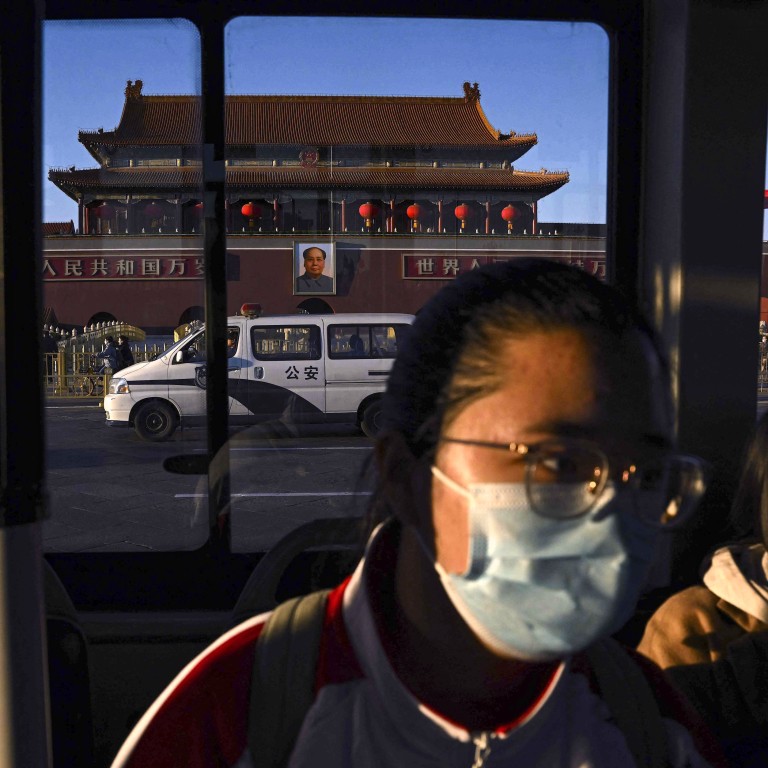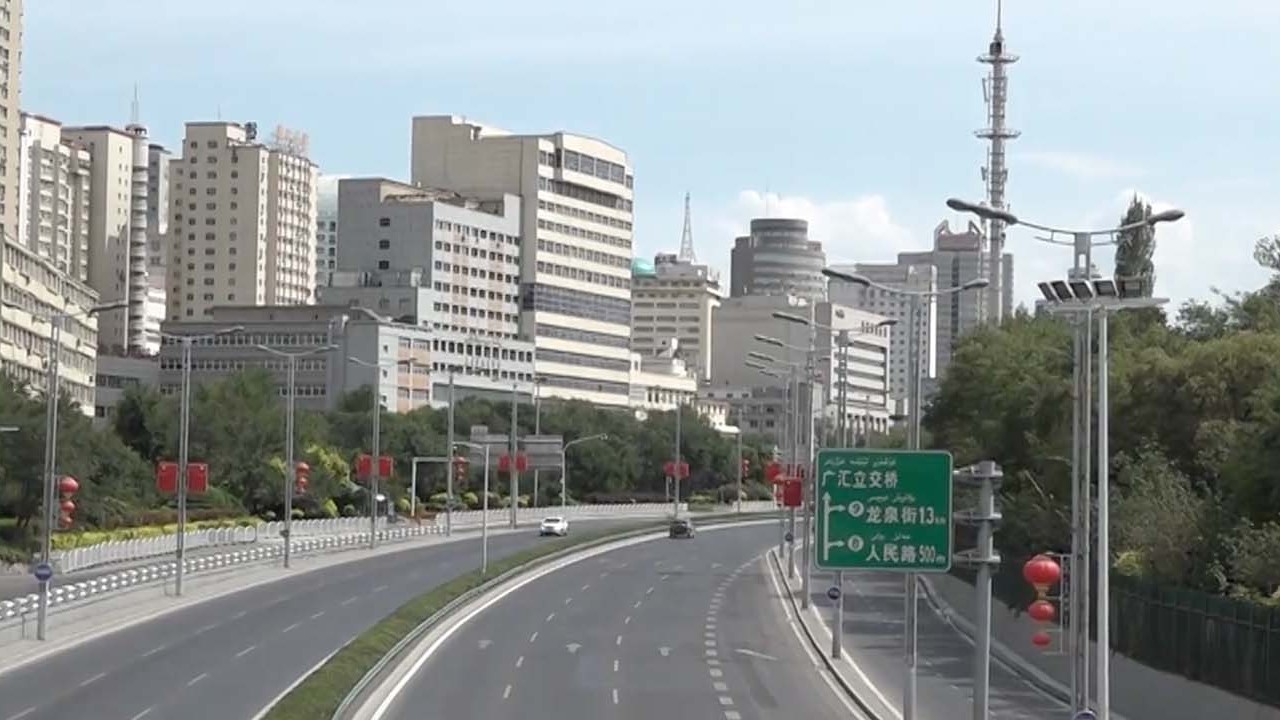
China gives clearest sign yet it will stick with zero-Covid strategy
- Public had expected shift away from stringent Covid-19 measures after 20th party congress
- However, People’s Daily commentary signals leaders are determined to continue pandemic controls after pivotal political meeting this month
According to Tuesday’s commentary, China’s dynamic zero-Covid approach has balanced pandemic control with economic and social development, allowing China to achieve “extremely low” mortality and “smooth” social and economic functioning.
“Dynamic zero is the anti-epidemic strategy with the lowest overall social cost and is the best option for the timely control of epidemics in China at this stage,” it said.
State news agency Xinhua also joined the chorus on Tuesday and called for the country to “build resilience and stamina” and not to “lie flat” – a term Chinese officials and media use for coexisting with the virus.
Communist Party mouthpiece urges patience for China’s zero-Covid drive
The country’s people, who have cooperated with frequent testing, sudden lockdowns and travel restrictions, have grown increasingly frustrated by the disruptions to daily life.
China has seen a rebound in Covid-19 cases in recent weeks fuelled by stealthier and more transmissible variants.
Some cities in eastern Zhejiang province have asked travellers to complete testing within 1½ hours of arrival or face restrictions that would ban them from entering public places.
Other cities have imposed lockdowns even when there are few infections. In the city of Yongji in Shanxi province, a three-day lockdown was imposed as a precaution, though no local infections were reported.
In Beijing, some primary school pupils were sent home after infections were found at a game shop in the downtown Qianmen area. The capital city has had 54 local infections since September 29, and local party chief Cai Qi vowed to handle the outbreak as if “facing an abyss and walking on thin ice”.
“We must make every effort to guard against new outbreaks and quickly and decisively handle it … to ensure the safety of the capital,” Cai said at a meeting on Saturday.
Tuesday’s commentary recognised the challenge of containing outbreaks across the country, but said “the more this happens, the more we must appreciate that dynamic zero is sustainable and must be adhered to”.
Extreme zero-Covid rules in China ahead of Communist Party congress
“The epidemic is a big test. If the epidemic can be prevented, the economy can be stabilised, people’s lives can be safe and secure, and economic and social development can be smooth and healthy,” it said.
Compared to some countries that have relaxed travel and mask restrictions, China lags behind when it comes to vaccination and booster shot rates among the elderly. Some 90 per cent of China’s population received a primary dose of a vaccine, but only about 57 per cent received a booster shot. Among people 60 years or older – a group more vulnerable to severe Covid-19 – only 70 per cent received a booster jab.
Citing the country’s large population and imbalanced healthcare resources, People’s Daily said relaxed controls would inevitably raise the risk of infections in susceptible populations, and the spread of cases would deal a serious blow to the economy and social development.
“[We] will end up paying a higher price and suffer bigger losses,” it said.


